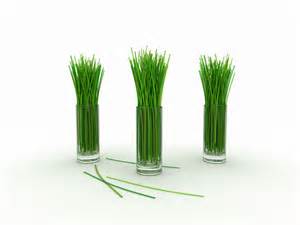HERBALPACKOZ
LEMONGRASS

Uses
Lemongrass (
Cymbopogon flexuosus) essential oil in clear glass vial
Lemongrass is native to India and tropical Asia. It is widely used as a herb in Asian cuisine. It has a subtle citrus flavor and can be dried and powdered, or used fresh. Lemongrass is commonly used in teas, soups, and curries. It is also suitable for poultry, fish, beef, and seafood. It is often used as a tea in African countries such as Togo and the Democratic Republic of the Congo and Latin American countries such as Mexico. Lemongrass oil is used as a pesticide and a preservative. Research shows that lemongrass oil has anti-fungal properties.[1] Despite its ability to repel insects, its oil is commonly utilized as a "lure" to attract honey bees. "Lemongrass works conveniently as well as the pheromone created by the honeybee's nasonov gland, also known as attractant pheromones. Because of this, lemongrass oil can be used as a lure when trapping swarms or attempting to draw the attention of hived bees."[2]

Cymbopogon citratus from the
Philippines, where it is locally known as
tanglad.
Citronella grass (Cymbopogon nardus and Cymbopogon winterianus) grows to about 2 meters (about 6.5 feet) and has red base stems. These species are used for the production of citronella oil, which is used in soaps, as an insect repellent (especially mosquitos) in insect sprays and candles, and also in aromatherapy, which is famous in Bintan Island, Indonesia. Therefore it's assumed that its origin is from Indonesia. The principal chemical constituents of citronella, geraniol and citronellol, are antiseptics, hence their use in household disinfectants and soaps. Besides oil production, citronella grass is also used for culinary purposes, in tea and as a flavoring.
Lemon Grass Oil, used as a pesticide and preservative, is put on the ancient palm-leaf manuscripts found in India as a preservative. It is used at the Oriental Research Institute Mysore, the French Institute of Pondicherry, the Association for the Preservation of the Saint Thomas Christian Heritage in Kerala and many other manuscript collections in India. The lemon grass oil also injects natural fluidity into the brittle palm leaves and the hydrophobic nature of the oil keeps the manuscripts dry so that the text is not lost to decay due to humidity.
East-Indian Lemon Grass (Cymbopogon flexuosus), also called Cochin Grass or Malabar Grass (Malayalam: ?????????????(inchippullu), is native to Cambodia, Vietnam, India, Sri Lanka, Burma,and Thailand while the West-Indian lemon grass (Cymbopogon citratus) is native to maritime Southeast Asia. It is known as serai in Malaysia, serai or sereh in Indonesia, and tanglad in the Philippines. While both can be used int